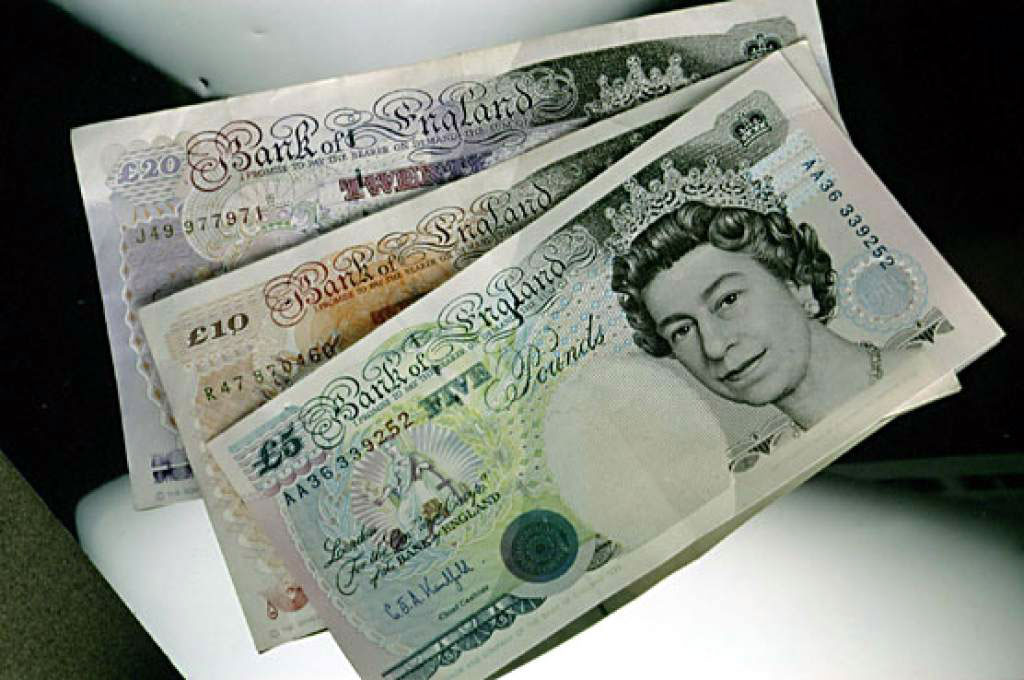 LONDON: Sterling gained on Tuesday as the dollar fell and data showed British manufacturing gaining a little bit of momentum ahead of an expected interest rate rise in May.
LONDON: Sterling gained on Tuesday as the dollar fell and data showed British manufacturing gaining a little bit of momentum ahead of an expected interest rate rise in May.
Traders pointed to the strong historical performance of the pound in April, when it tends to rise versus the dollar as foreign companies shell out more dividend payments to British shareholders.
The UK Manufacturing Purchasing Managers' Index (PMI) inched up to 55.1 in March from a downwardly revised 55.0 in February, beating the 54.5 consensus in a preliminary Reuters poll of economists.
Tuesday's PMI data also showed manufacturing growth had cooled to a one-year low in the first quarter of 2018 as the economy remains on a slow but steady course a year ahead of Brexit.
"The data, combined with seasonal trends in the price action of the pound this time of year explains sterling's current strength," said Valentin Marinov, head of G10 FX strategy at Credit Agricole.
Sterling typically appreciates versus the dollar in April, Marinov said, because of an increase in incoming capital driven by dividend payments to British shareholders from foreign companies, a trend which has withstood financial crises.
"The pound is certainly one of the currencies which the market has a more constructive view of at the moment," said Marinov.
The pound gained after Britain last month secured a transition deal with the European Union for its exit from the bloc, and the Bank of England confirmed a hawkish tilt in its monetary policy, but the rally ran out of steam.
But some analysts say it is mainly the broad weakness of the dollar - linked to a trade dispute between the US and China - that is keeping sterling above $1.40.
By 1005 sterling rose 0.3 percent to $1.4083.
Against the euro, sterling gained 0.2 percent to 87.46 pence per euro.
Analysts said recent bad British weather made the PMI numbers harder to read.
"The poor weather (that straddled late February/early March) may make the data more than usually difficult to interpret," said Adam Cole, chief currencies strategist at RBC.
The BoE has said its monetary outlook remains dependent on smooth negotiations with the EU over Brexit and Britain's economic performance.
























Comments
Comments are closed.